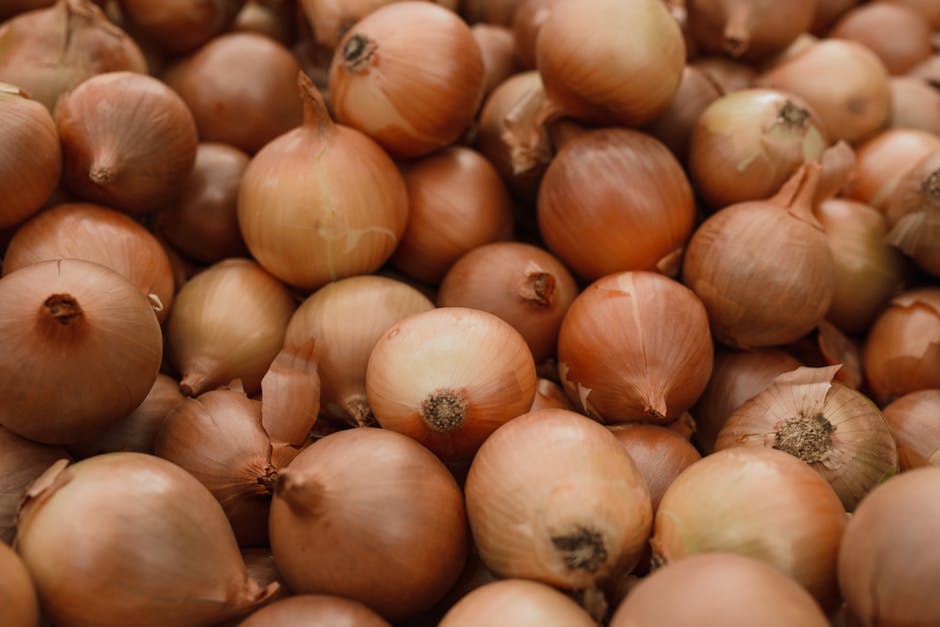Tips for Whole Food Shopping to Aid Weight Loss
Embarking on a weight loss journey can feel overwhelming, but choosing the right foods can make it much easier. Whole foods, which are minimally processed and free from additives, can be your best allies. Let’s dive into some actionable tips to simplify your whole food shopping experience and aid your weight loss goals. 🥦🍎
Table of Contents
6. Conclusion
7. FAQs
Understand Whole Foods
Whole foods are foods that are as close to their natural form as possible. This includes fruits, vegetables, whole grains, nuts, and seeds. The idea is to avoid processed foods that often contain added sugars, fats, and preservatives that can hinder weight loss.
Plan Your Meals 📝
Before heading to the store, take some time to plan your meals for the week. This helps you to avoid impulse purchases and ensures you buy only what you need. Planning also allows you to incorporate a variety of whole foods, keeping your diet exciting and nutritious.
Shop the Perimeter 🛒
The perimeter of most grocery stores is where you’ll find the freshest items like fruits, vegetables, dairy, and meats. These are often less processed compared to the items found in the center aisles. Start your shopping journey here to ensure your cart is filled with healthy, whole foods.
Read Labels Carefully 🔍
Even when buying packaged whole foods, it’s crucial to read labels. Look for short ingredient lists and recognize all the ingredients. Avoid products with added sugars, unhealthy fats, and artificial additives. If you can’t pronounce it, you probably shouldn’t eat it!
Buy Seasonal Produce 🌽🍓
Seasonal produce is not only more affordable but also fresher and more nutrient-dense. Visit local farmers’ markets or check the seasonal section of your grocery store. This not only supports local agriculture but also ensures you’re eating the best quality produce available.
Conclusion
Whole food shopping can be a powerful tool in your weight loss journey. By understanding what whole foods are, planning your meals, shopping smart, and choosing seasonal produce, you can create a healthy, sustainable diet. Remember, the key is consistency, not perfection. Happy shopping! 🛍️🌟
FAQs
Q: What are some easy whole foods to start with?
A: Start with simple items like apples, carrots, brown rice, and almonds. These are versatile and can be incorporated into many meals.
Q: How can I make whole foods more affordable?
A: Buying in bulk, choosing store brands, and focusing on seasonal produce can significantly reduce costs.
Q: Are all organic foods considered whole foods?
A: Not necessarily. While organic foods are free from certain chemicals, they can still be processed. Always check the ingredient list!
Q: Can I lose weight by eating only whole foods?
A: While whole foods are healthier, weight loss also depends on portion control and overall calorie intake. Balance is key!
Q: How do I resist buying processed snacks?
A: Stick to your shopping list, avoid shopping when hungry, and find whole food alternatives like nuts and fruits to satisfy cravings.


